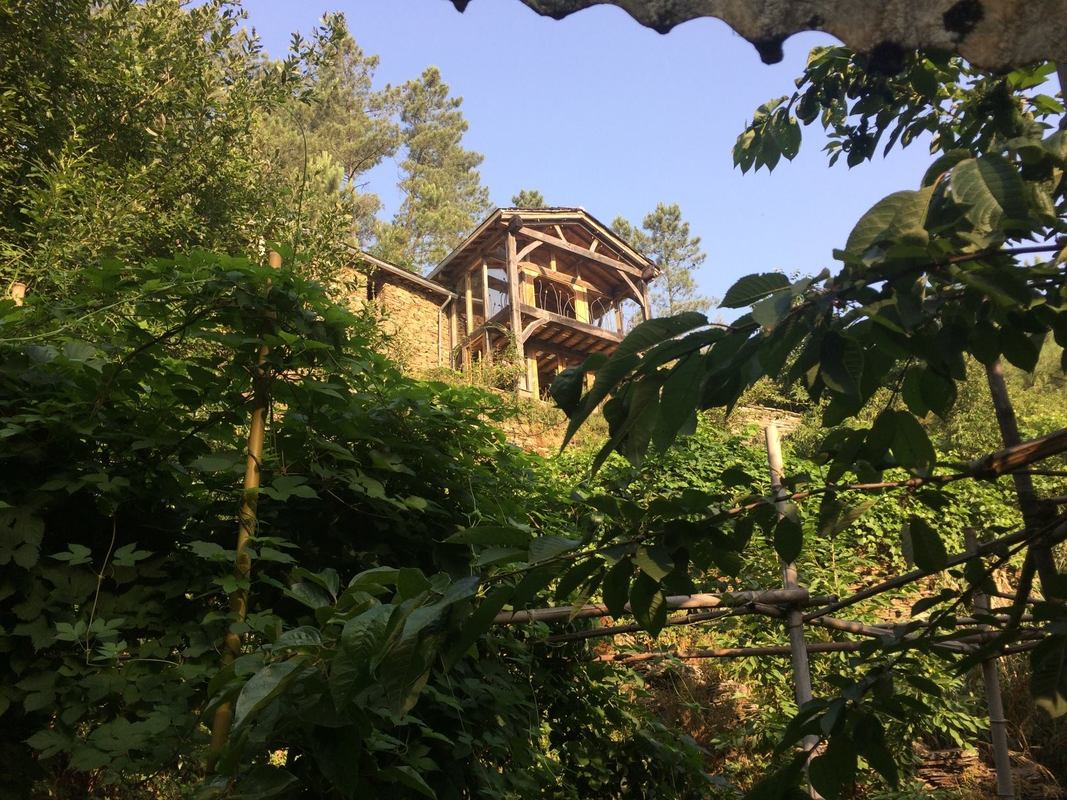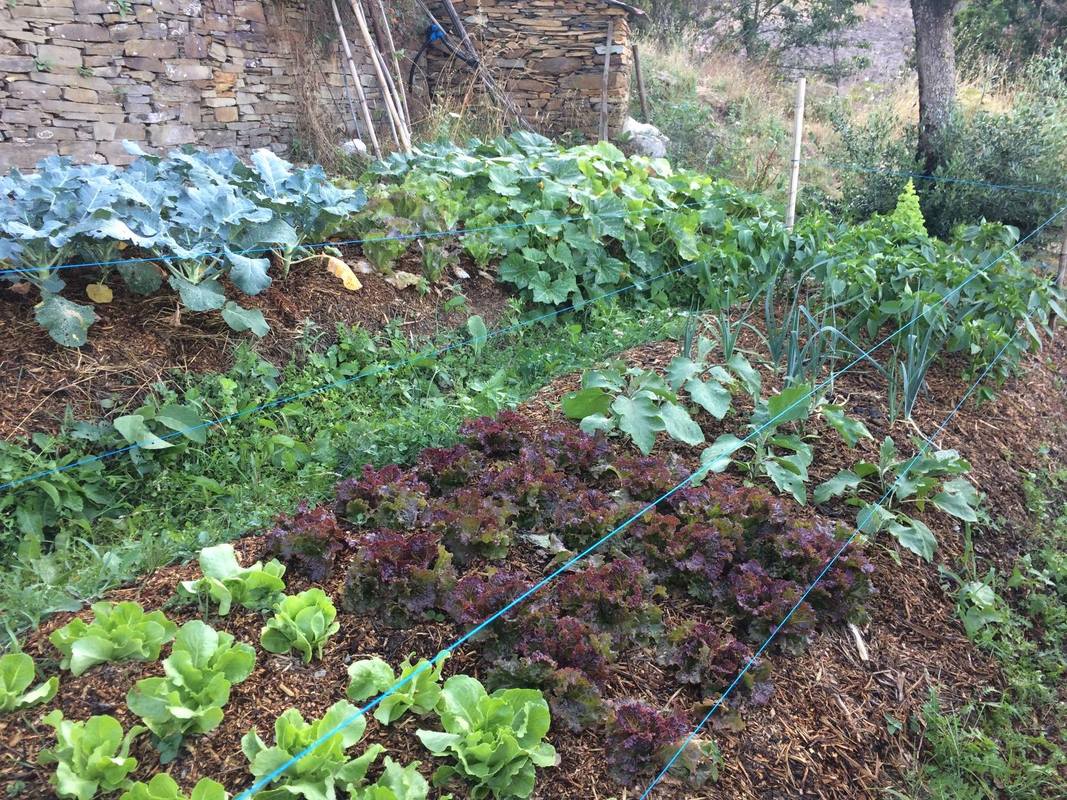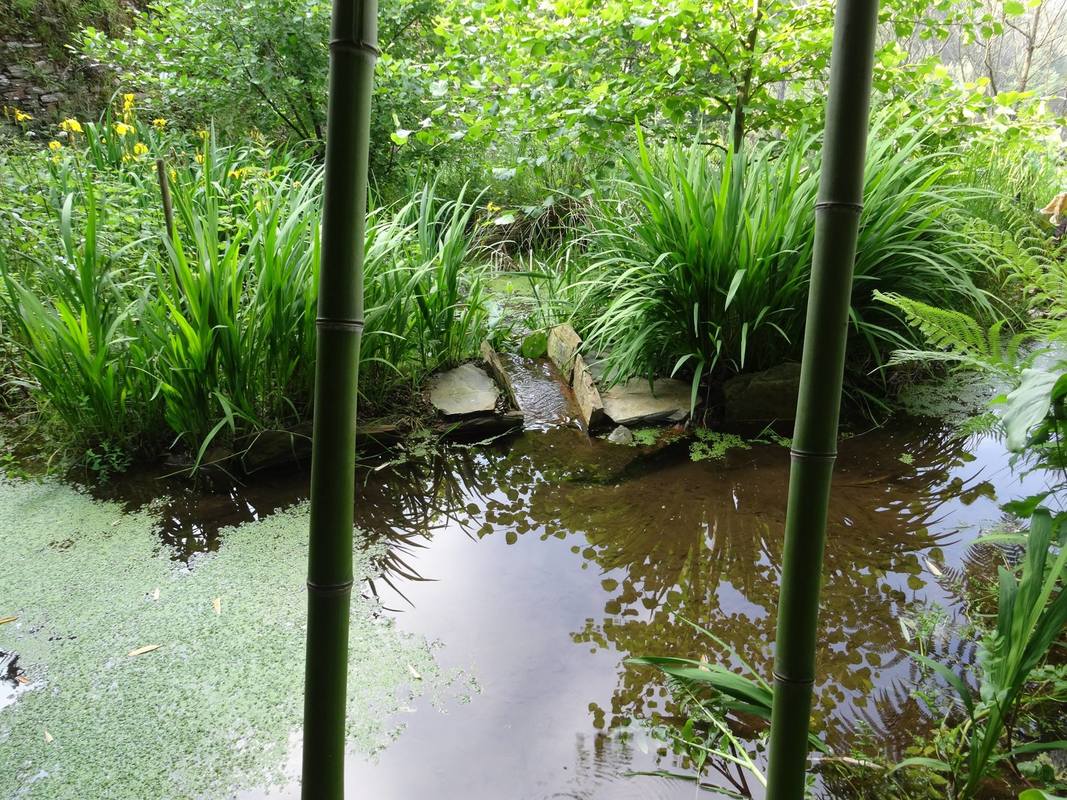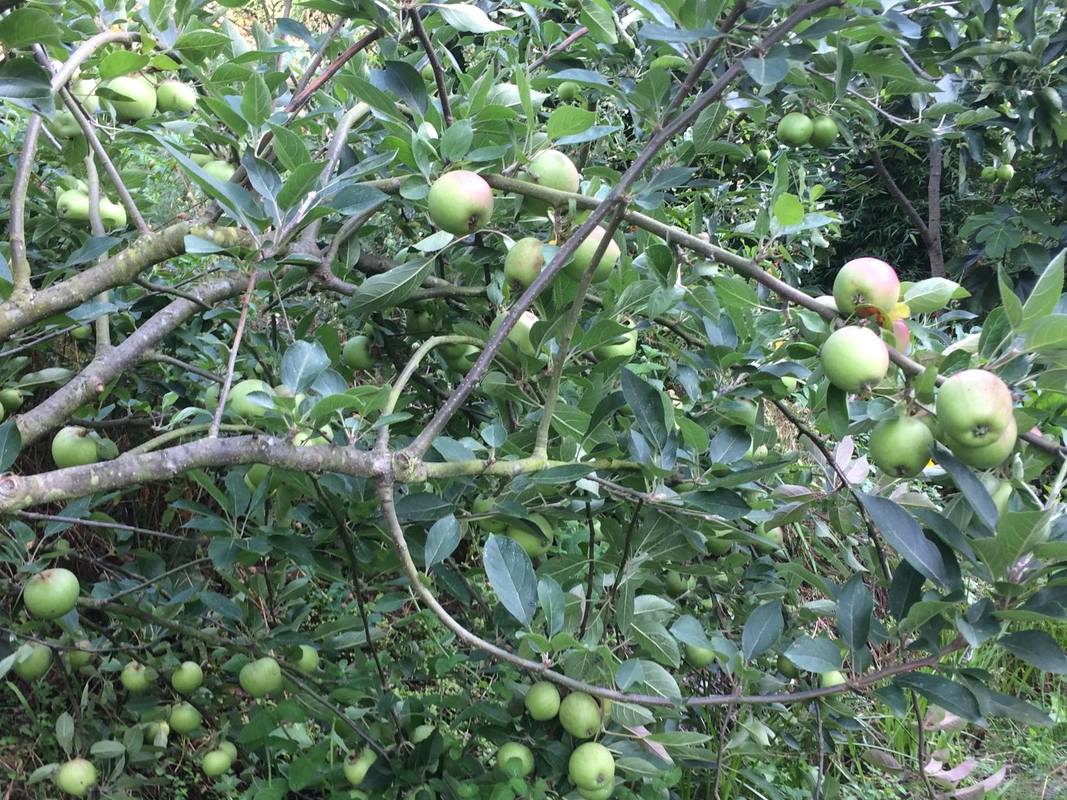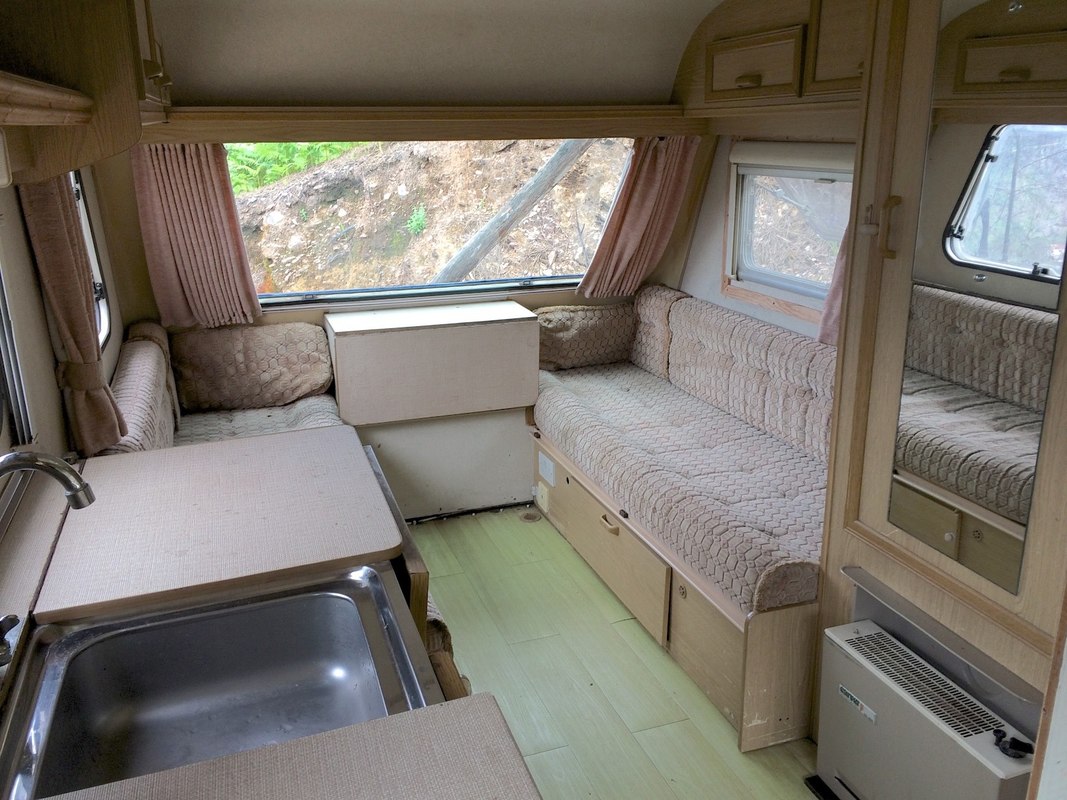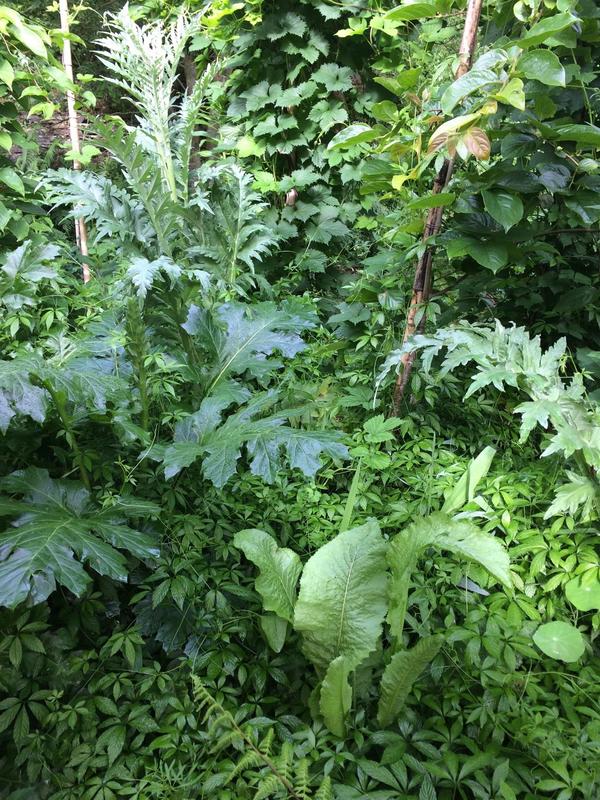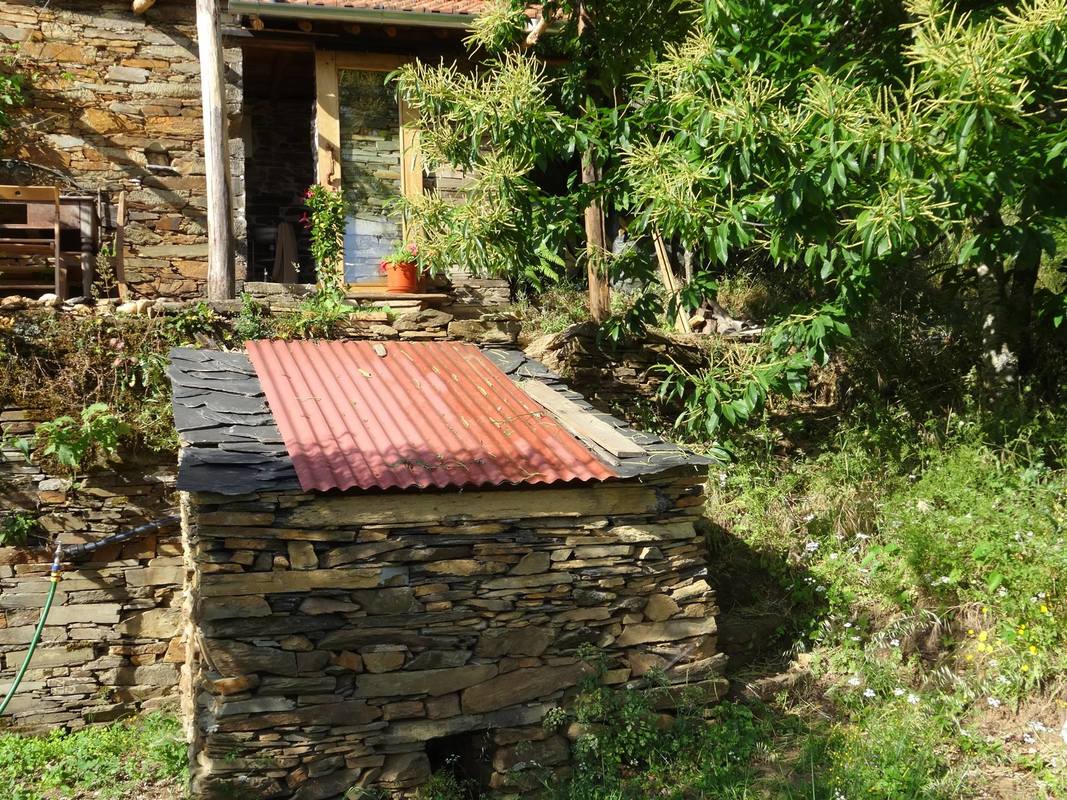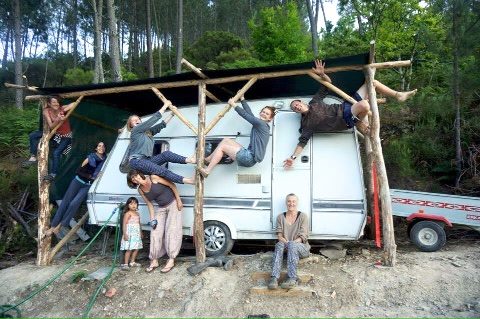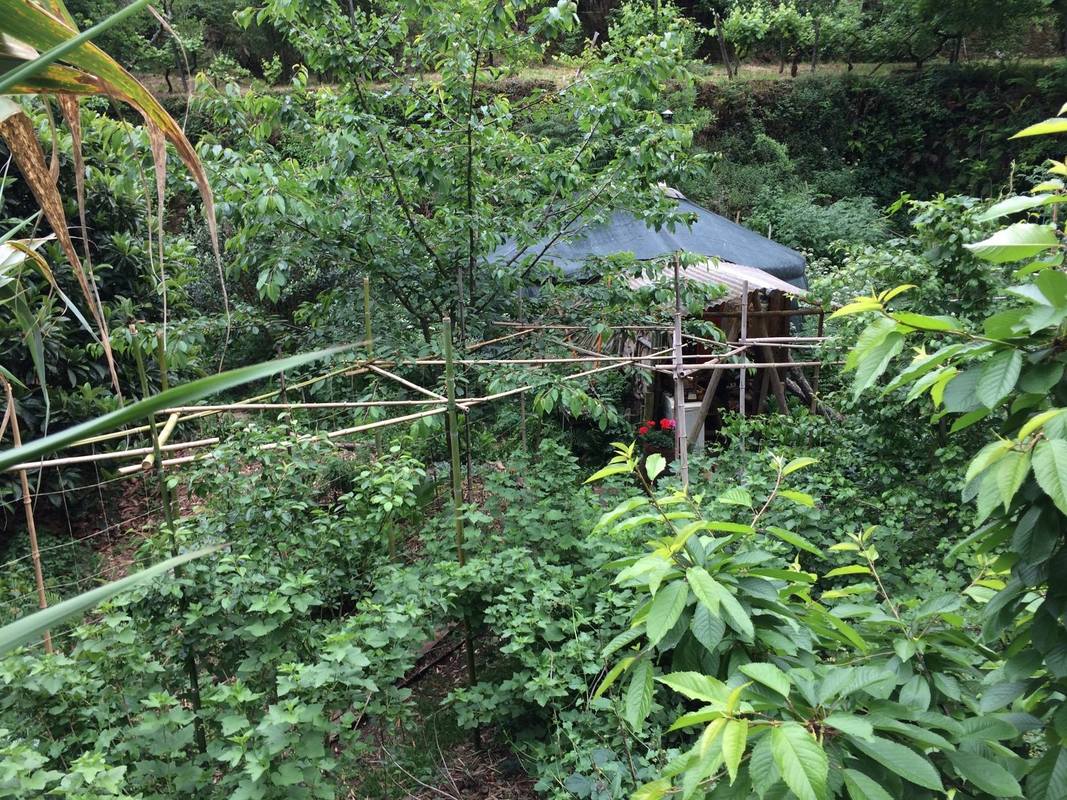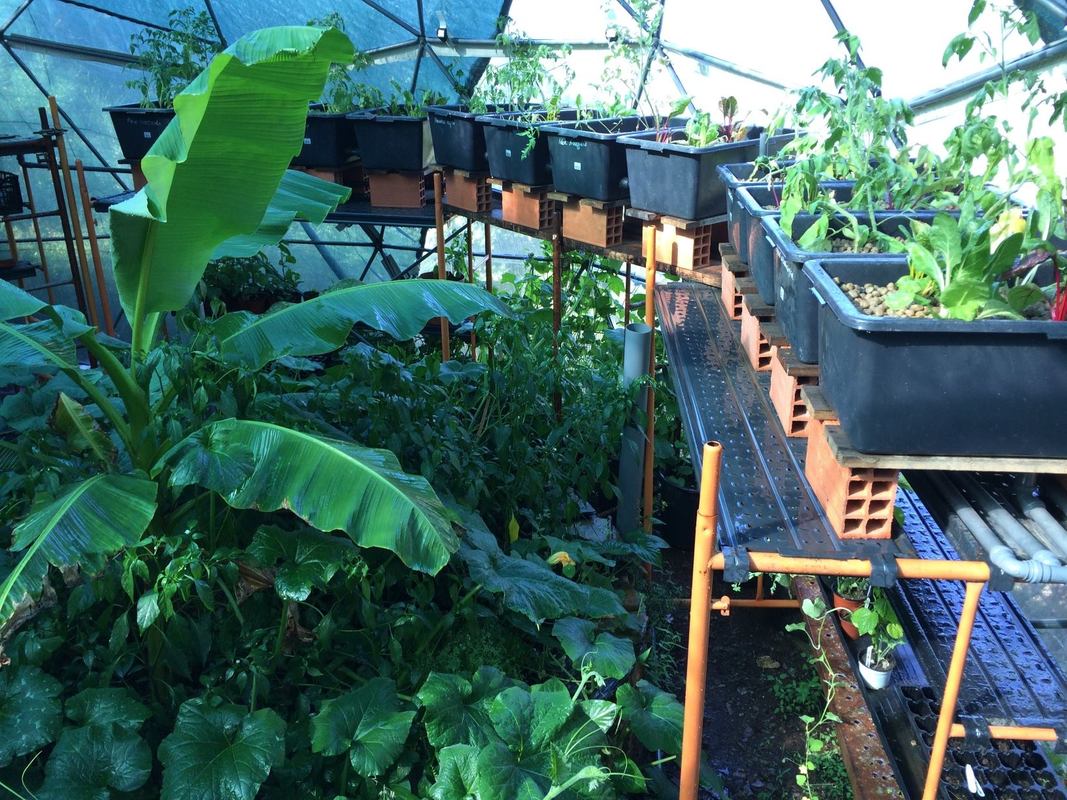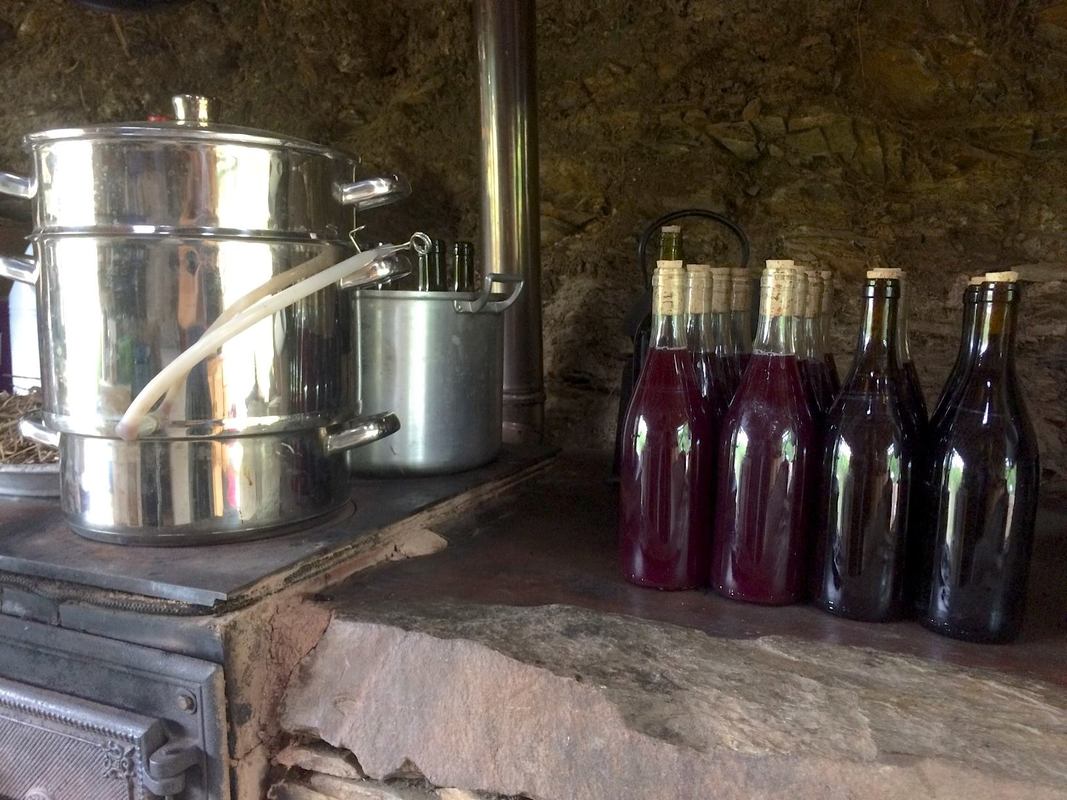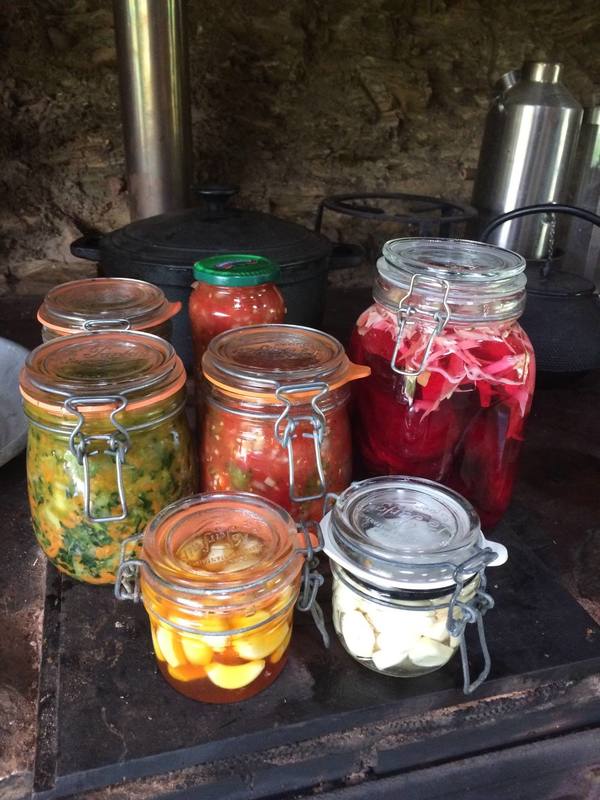
Come join us for an amazing Permaculture Design Certificate Course in Central Portugal, on a stunning site committed to sustainability, featuring countless examples of sustainable living strategies and techniques. Owned and run by Wendy Howard, eco-builder, gardener, biologist, ecologist, activist and pioneer in the region (featured in this natural homes blog).
We are extremely excited to partner with Wendy, who has staged an incredible bounce back following the tragic fires that devastated the region in 2017. This really is a superb opportunity to be immersed in an off-grid permaculture smallholding/ homesteading context with a resilient local sustainability leader.
The Site
Quinta do Vale is part way up a mountain in the Serra do Açor, part of Portugal’s principal mountain range. It’s about 75km (45 miles) inland by road from the university city of Coimbra, Portugal’s 12th century capital, and 100km (62 miles) inland from the Atlantic ocean. Its 2-ish hectares (5 acres) of steeply-terraced land lie between 360-420m (1,200-1,400 feet) above sea level. The land is predominantly north-facing, forming a rough S-shape around a northeast-running river valley. It’s sheltered by mountain ridges to the south and west, and to a lesser extent to the north. Slopes vary between 30-45°. The major biome type is warm temperate with climate classified as US Zone 9 and Köppen-Geiger borderline Csa/Csb (warm to hot summer Mediterranean). Annual rainfall averages just over 1000mm..
LOCALITY
This is the “Green Heart of Portugal” – natural parks and forested mountain ranges cut deep by meandering river valleys, peppered with tiny white villages perched on mountain ridges or towns nestling in the valley floors of the larger rivers, and every available square meter of land terraced and richly cultivated with olives, vines, fruit trees and vegetables.
The quinta is within walking distance of the waterfalls of Fraga da Pena and the indigenous forest reserve of Mata da Margaraça, both part of the Paisagem Protegida da Serra do Açor, a nationally protected area within this enclosed valley system. The valleys are surrounded by watersheds in all directions except north. It gives a sense of containment to the area, as well as physical separation from the surrounding landscapes. There are several rare species within the Mata da Margaraça and carefully protected there. These include the largest number of azereiros (Prunus lusitanica ssp. lusitanica) left in Portugal, relicts from the laurel forests of the Tertiary period.
QUINTA DO VALE
Quinta do Vale’s steep terraces are built from dry-stone walls of schist with steps leading up and down from every level. The amount and quality of stonework in this region is stunning. It goes far beyond the simply utilitarian, expressing a centuries-old bond between people and place in its artistry, and enormous sophistication in its engineering.
Terraces are not merely walls holding back soil, but contain underground networks of schist-built irrigation channels, storm drains and water collection and filtration systems. This is integrated water retention engineering for whole valley systems, not merely individual properties. Each terrace follows Keyline principles, gently graded to transport water from valleys out to ridges, and contoured so that water takes the longest possible diagonal route across them before draining off. Built over many generations, this landscape dates back anywhere between 500-1,000 years. Many suspect an Arab influence.
Quinta do Vale’s terraces have olives, nuts and all kinds of fruit. Grapes line every terrace and there’s a little vineyard as well. A small spring-fed mountain stream flows through the middle of the property and the terraces snake their way around it. Part of the water flows in a series of underground schist-built channels, filling collecting pools on each terrace. A schist-built storm drain with steps down its entire length runs parallel to this, carrying the remainder of the water on down the valley.
To complement such complex and sophisticated hydro-engineering, we have added small-scale unlined ponds and swales to slow and infiltrate water to an even greater extent and fast-track the growth of our food forest.
With the resources onsite we are mostly self-sufficient in power (hydro + solar) and heat (solar hot water + enough forest to produce sustainable supplies of firewood while still being able to restore native deciduous species) as well as food and water. We’re not connected to the grid.
We harvest rainwater, use processed grey-water for irrigation, and our ecological sanitation features both dry and flushing compost toilets, the latter a vermicomposting design now approved by our local municipality and open sourced.
The various buildings onsite feature a number of different natural building techniques, both traditional to this area and otherwise.
THE FIRES
This region was part of the 2000 square kilometres decimated in the unprecedented and catastrophic wildfires of October 2017 which cut off these valleys and burned everything in sight, including the quinta. Our entire pine forest burned, we lost several mature deciduous trees and many vines and fruit trees. One schist building was completely gutted, the cob bathroom was damaged and we lost the geodome greenhouse, though the structure survived.
The quinta is still recovering from its wounds and it will be a while yet before we’re back to where we were, but in its current state it presents an excellent opportunity to engage with regenerative design in action, to learn about the principal drivers of climate disruption and to experience first hand its effects.
ACCOMMODATION
& FACILITIES
Thanks to the fires destroying most of our visitor facilities, accommodation is camping on designated pitches. Please bring your own tent and bedding. There is also a comfortable caravan for 2 people (4 at a pinch).
Off-grid electricity is freely available. We have dry and flushing compost toilets and solar heated showers. Laundry facilities are onsite.
Phone and wireless internet signal is reasonable for all networks which can make use of Portugal Telecom’s infrastructure. Vodafone doesn’t get signal here, but you can connect from the village above us. There is free wifi in the nearest village below us, along with a river beach and outdoor café.
Beyond the quinta, there’s a lively international social scene in summer revolving around the river beach, craft cooperative and local cafés. There’s lots of music, local markets, events, workshops, parties and lots of opportunities to meet locals and the sizeable community of eco-immigrants in the area.
“The permaculture vision of permanent (sustainable) agriculture has evolved into one of permanent (sustainable) culture.”
-David Holmgren
Course Program
The 72 hour Permaculture Design Certificate course at Sunseed follows the curriculum as laid out in Bill Mollison’s Permaculture – A Designer’s Manual. It covers subjects ranging from ethics and principles of permaculture, natural systems, aquaculture, sustainable design methods, patterns in nature, land restoration, water harvesting, grey water recycling, natural building, food forests and guilds, energy conservation, appropriate technology, renewable energy, urban permaculture and invisible structures.
The course teaches how to develop sustainable human settlements, and how to extend and preserve natural systems. The content will be covered between theoretical lectures and practical applications. The courses aim to utilize the collective intelligence of the group with engaging participatory classes.
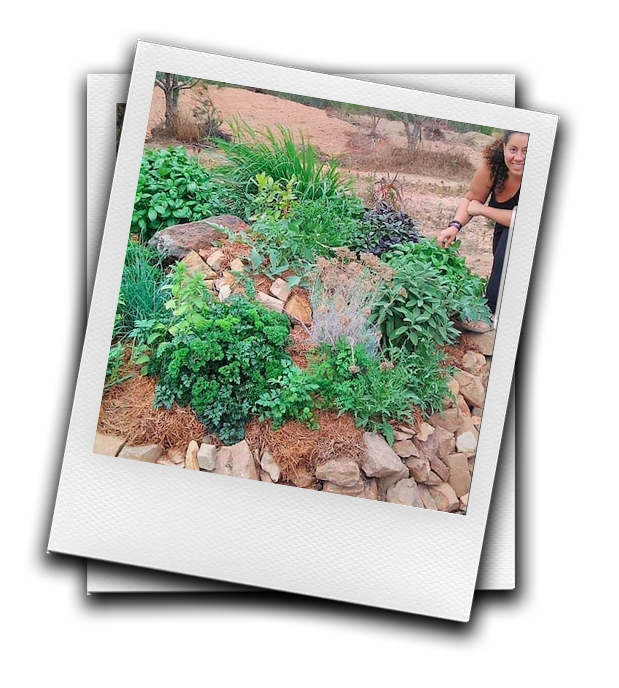
Teachers

George Christofis – Lead Facilitator
Born and raised in SE Asia, George’s appreciation for nature was honed over years of long and thoughtful observation of the subtropical country parks of Hong Kong, where he was involved with the environmental movement from a young age. He has been studying permaculture for the last 10 years, having found in it a brilliant framework for environmental action. In 2014 he started the teaching group Circle Permaculture which partners with farms and ecological education sites to run well-organised Permaculture Design Certificate courses. He is on the Certifying Teachers Register of the Permaculture Association UK. Aside from teaching, he is a long term practitioner of yoga and meditation, a poet and songwriter, slackliner and avid hiker.
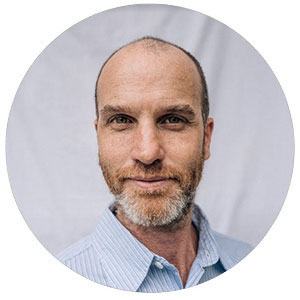

George Christofis – Lead Facilitator
Born and raised in SE Asia, George’s appreciation for nature was honed over years of long and thoughtful observation of the subtropical country parks of Hong Kong, where he was involved with the environmental movement from a young age. He has been studying permaculture for the last 10 years, having found in it a brilliant framework for environmental action. In 2014 he started the teaching group Circle Permaculture which partners with farms and ecological education sites to run well-organised Permaculture Design Certificate courses. He is on the Certifying Teachers Register of the Permaculture Association UK. Aside from teaching, he is a long term practitioner of yoga and meditation, a poet and songwriter, slackliner and avid hiker.


Wallace Toughill – Teacher
Gibraltarian Wally had lived and worked on 3 continents before the age of 25, when he took his first Permaculture Design Course (PDC) in 2012. Since then he has dived into the world of Permaculture in Portugal and Spain, as a volunteer, intern, student, implementer and teacher. In 2013, he completed a teacher training course held by Rosemary Morrow and in 2015 completed a 10 week farm-scale Permaculture and Regenerative agriculture internship at Ridgedale Permaculture, Sweden. He lives and works at Cherry Pond Quinta and is currently working towards an International Diploma in Permaculture Design, through Gaia University. Wally sees Permaculture Design as mankind’s best chance for a brighter future and enjoys nothing more than sharing his knowledge and experience with others. He is also a keen music lover and instrumentalist.

Wendy Howard – Teacher
Wendy Howard grew up in the UK at a time when rural self-sufficiency was still the ‘norm’. She studied biology and ecology at university in the 1970s but never finished. The linear reductionist approach, the overspecialisation, and the absence of the very thing which distinguishes the life sciences – life! – felt instinctively wrong. It led her into a lifetime’s autodidactic study which eventually, several careers and 3 children later, came full circle back to the land.
For the last decade she has been custodian of 2 hectares of Portuguese mountainside where she’s regenerating soils, land and buildings and developing the site as an off-grid permaculture demonstration and education project. Following the catastrophic wildfires of October 2017 which devastated the entire region, she has been working with a local team to help address the wider scale environmental destruction in the area while trying to restore the damage to her own project.


Wendy Howard – Teacher
Wendy Howard grew up in the UK at a time when rural self-sufficiency was still the ‘norm’. She studied biology and ecology at university in the 1970s but never finished. The linear reductionist approach, the overspecialisation, and the absence of the very thing which distinguishes the life sciences – life! – felt instinctively wrong. It led her into a lifetime’s autodidactic study which eventually, several careers and 3 children later, came full circle back to the land.
For the last decade she has been custodian of 2 hectares of Portuguese mountainside where she’s regenerating soils, land and buildings and developing the site as an off-grid permaculture demonstration and education project. Following the catastrophic wildfires of October 2017 which devastated the entire region, she has been working with a local team to help address the wider scale environmental destruction in the area while trying to restore the damage to her own project.
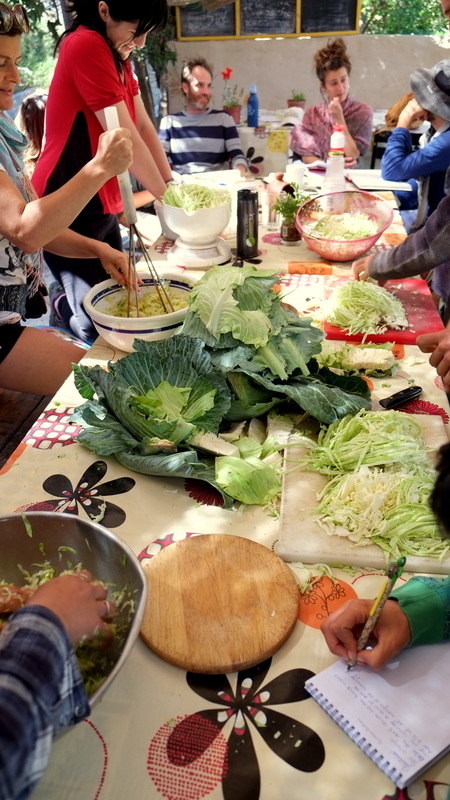
Accommodations
The site offers WC/shower and access to electricity.
What to Bring
– comfortable clothes and clothes you don’t mind getting dirty
– note taking (blank pages recommended) and drawing materials
– ecological body care products
– flashlight/torch
– sturdy shoes
– a swimming suit for the natural pool
– bedding and sleeping bag
Testimonials
June 23 – July 7, 2019
Cost (inc. all meals):
€600 camping (please bring your own tent)
€700 caravan twin share (must be booked with a partner)
€480 staying off-site, all meals (for local residents only)
To sign-up for this course
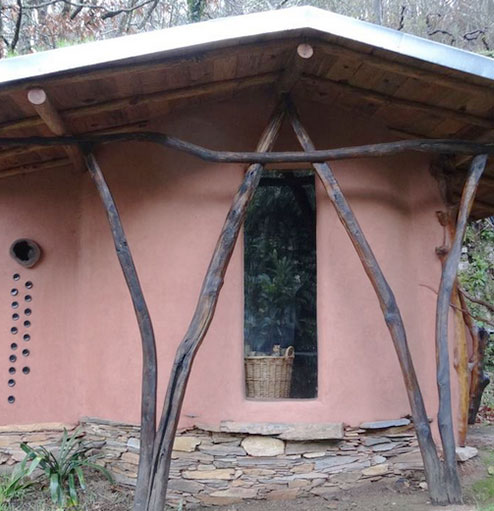

June 23 – July 7, 2019
Cost (inc. all meals):
€600 camping (please bring your own tent)
€700 caravan twin share (must be booked with a partner)
€480 staying off-site, all meals (for local residents only)
To sign-up for this course




